England's child prisons and the potential for reform
Increased pressures on young offender institutions mean the youth prison population is close to boiling point
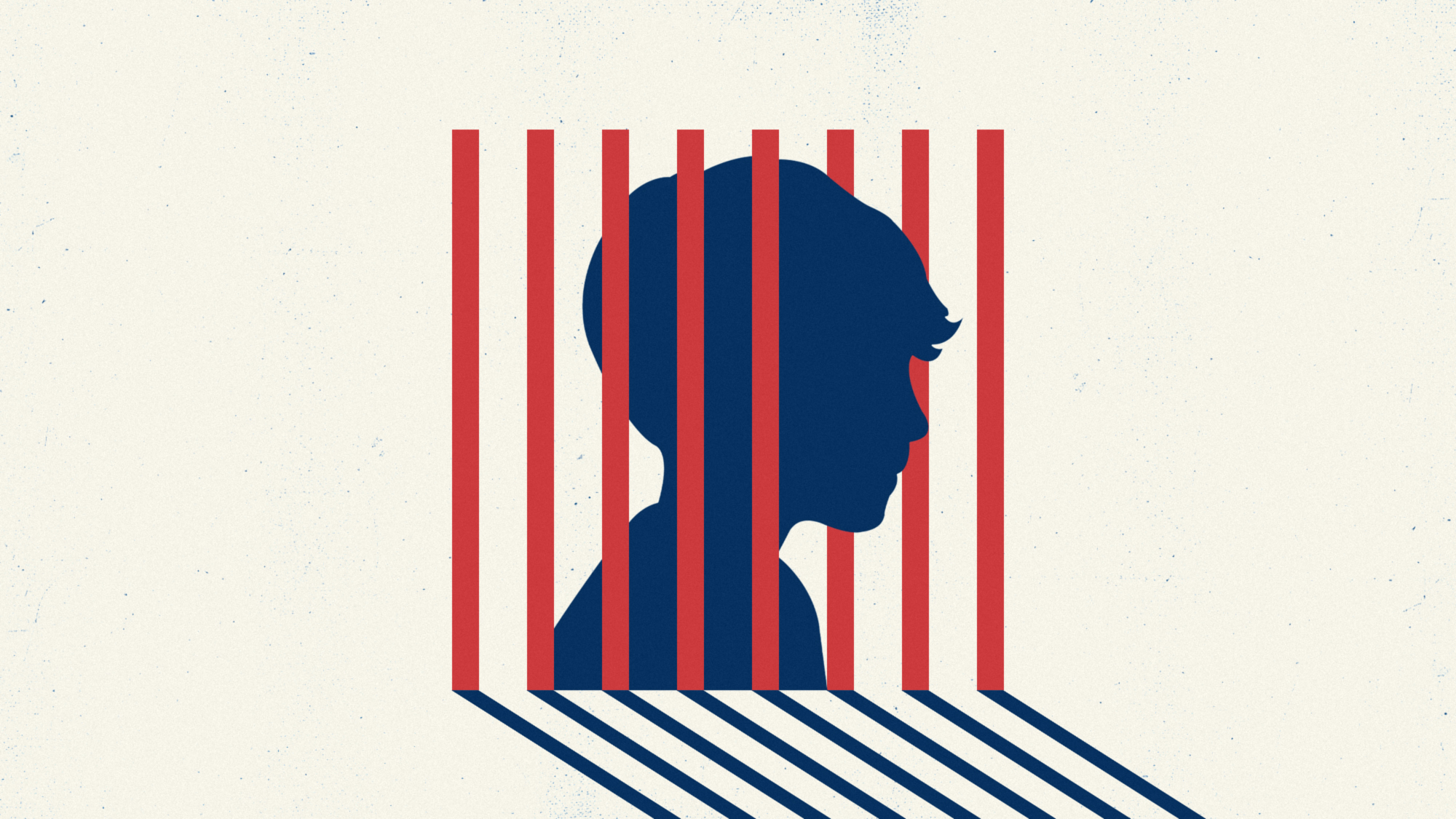
A free daily email with the biggest news stories of the day – and the best features from TheWeek.com
You are now subscribed
Your newsletter sign-up was successful
A "never-ending cycle of child harm" means youth imprisonment should be ended altogether in England, children's rights and justice organisations have argued.
A new review concludes that child imprisonment "is beyond reform" and that the Department for Education should take a greater role in handling young offenders, rather than the Ministry of Justice, said The Guardian.
The report into young offender institutions (YOIs) across the country has been published to coincide with the 20-year anniversary of the deaths of 14-year-old Adam Rickwood, who took his own life in custody, and Gareth Myatt, 15, who died after being forcefully restrained. Twenty years on, the outcomes for children in custody have remained "with a few exceptions, poor", said The Guardian.
The Week
Escape your echo chamber. Get the facts behind the news, plus analysis from multiple perspectives.

Sign up for The Week's Free Newsletters
From our morning news briefing to a weekly Good News Newsletter, get the best of The Week delivered directly to your inbox.
From our morning news briefing to a weekly Good News Newsletter, get the best of The Week delivered directly to your inbox.
When can children be imprisoned?
The age of criminal responsibility in England and Wales is 10 years old, and as such those between 10 and 17 can be arrested and taken to youth court if they commit a crime.
Children sentenced to custody can be held in "three types of establishment", said the charity Justice, with the "vast majority of child prisoners" placed into young offender institutions.
Local authority secure children's homes and secure training centres (STCs) are less common, with "only 19%" of young offenders held in the former, according to The Guardian, and only one STC remaining. This is despite "repeated promises since the 1990s" that YOIs and STCs "would be transformed".
At present "far too many" young people are being sentenced to custody in a system "not suitable for more vulnerable children", Justice added.
A free daily email with the biggest news stories of the day – and the best features from TheWeek.com
What is life like inside a young offenders' prison?
Child prisons across England and Wales are "significantly more violent" than their adult counterparts, said the chief inspector of prisons in The Guardian. Across these institutions, "levels of hostility and self-harm" are rising.
Concern about overcrowding as well as practices such as "strip-searching, segregation and restraint" is also growing, said Justice. Although restraint should only be used only as a last resort, a 2023 HM Chief Inspector of Prisons report suggested a "high number" of these incidents were "not in accordance with national policy and were not properly authorised".
Issues have been noted at Feltham, Werrington and Wetherby young offender institutions, all of which were deemed to be "failing". Issues included the "effective solitary confinement of children who can be locked in their cells for up to 23.5 hours per day", said Tortoise.
Feltham has been deemed "the most violent prison in the country", said Channel 4 News, even at a time "when there's grimly strong competition" from adult prisons. In the past 12 months, 343 weapons have been found inside the institution, despite it being "home to just 84 young men", while "incidents of disorder went up 300 per cent".
With male adult prisons "full to bursting", the Cookham Wood YOI, widely criticised for its perceived failings, will be repurposed to "relieve the dangerous pressures building up in the overcrowded male prison population". However, this will mean the "arrival of dozens of boys with complex needs" at other institutions that are already struggling themselves.
What else could be done with young offenders?
Deborah Coles, executive director of human rights charity Inquest, has called for further investment in "community support and services that protect and nurture children".
For some, this means tackling the school-to-prison pipeline, a term referring to the tendency of children subject to punitive measures in school to be more likely to enter the penal system. Pupils excluded from school at the age of 12 are "four times more likely as other children to be jailed as adults", said the University of Birmingham.
The cycle of "detention, suspension, loss of hope, permanent exclusion, exploitation, criminalisation and jail" must be stopped, said Steve Chalke, founder of the Oasis Charitable Trust, in Schools Week. He backed Keir Starmer's plans to roll out so-called "youth hubs" in the hope of cutting knife crime.
The prime minister has affirmed his belief in the need for radical change in the prison system, stating many young people could avoid custody altogether if they receive the correct support from an early age.
Rebekah Evans joined The Week as newsletter editor in 2023 and has written on subjects ranging from Ukraine and Afghanistan to fast fashion and "brotox". She started her career at Reach plc, where she cut her teeth on news, before pivoting into personal finance at the height of the pandemic and cost-of-living crisis. Social affairs is another of her passions, and she has interviewed people from across the world and from all walks of life. Rebekah completed an NCTJ with the Press Association and has written for publications including The Guardian, The Week magazine, the Press Association and local newspapers.
-
 What is the endgame in the DHS shutdown?
What is the endgame in the DHS shutdown?Today’s Big Question Democrats want to rein in ICE’s immigration crackdown
-
 ‘Poor time management isn’t just an inconvenience’
‘Poor time management isn’t just an inconvenience’Instant Opinion Opinion, comment and editorials of the day
-
 Bad Bunny’s Super Bowl: A win for unity
Bad Bunny’s Super Bowl: A win for unityFeature The global superstar's halftime show was a celebration for everyone to enjoy
-
 Why have homicide rates reportedly plummeted in the last year?
Why have homicide rates reportedly plummeted in the last year?Today’s Big Question There could be more to the story than politics
-
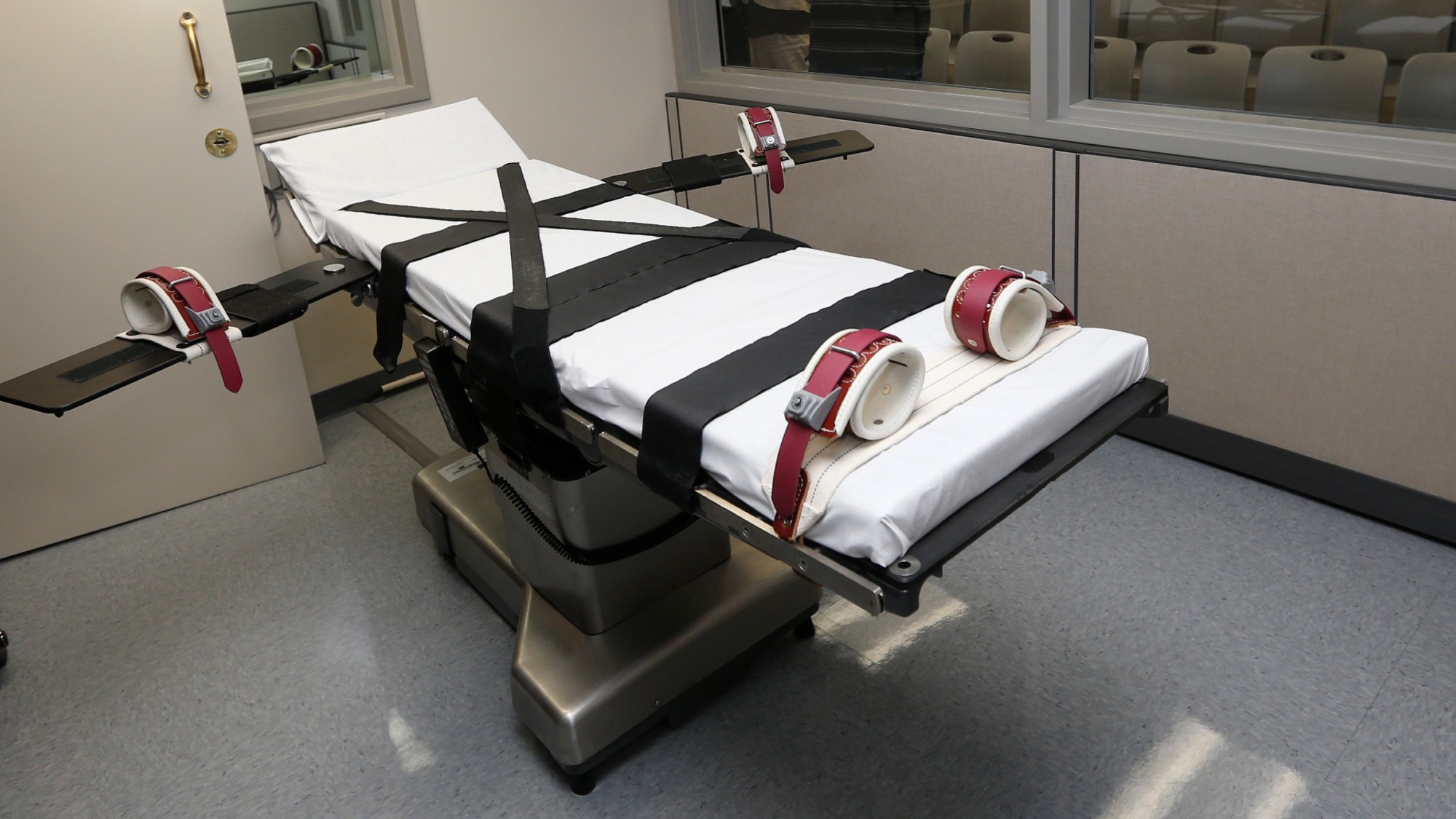 Executions are on the rise in the US after years of decline
Executions are on the rise in the US after years of declineThe Explainer This year has brought the highest number of executions in a decade
-
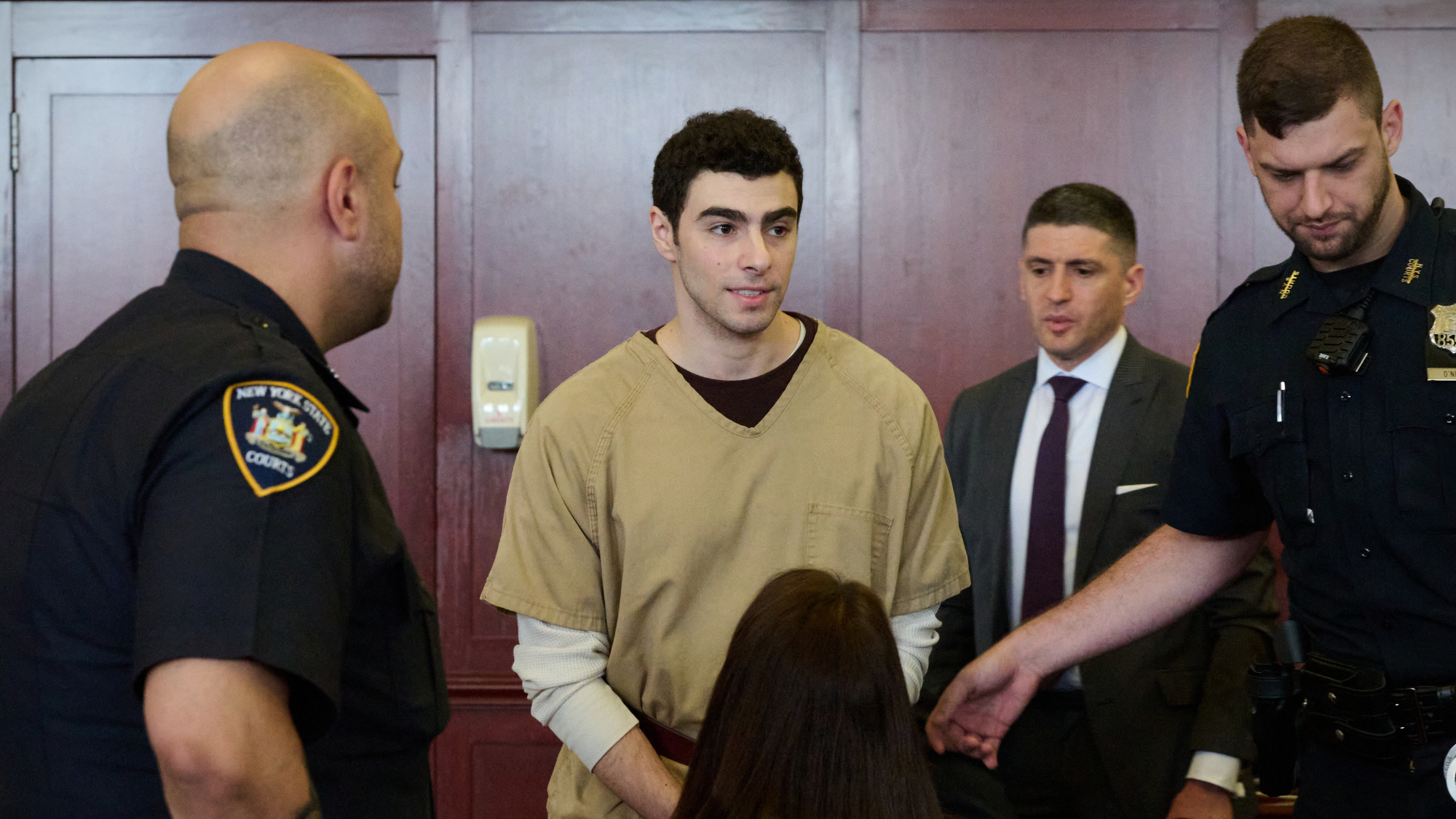 Judge rejects top state charges in Mangione case
Judge rejects top state charges in Mangione caseSpeed Read If convicted, Mangione faces up to life in state prison
-
 Trump lambasts crime, but his administration is cutting gun violence prevention
Trump lambasts crime, but his administration is cutting gun violence preventionThe Explainer The DOJ has canceled at least $500 million in public safety grants
-
 Insects and sewer water: the alleged conditions at 'Alligator Alcatraz'
Insects and sewer water: the alleged conditions at 'Alligator Alcatraz'The Explainer Hundreds of immigrants with no criminal charges in the United States are being held at the Florida facility
-
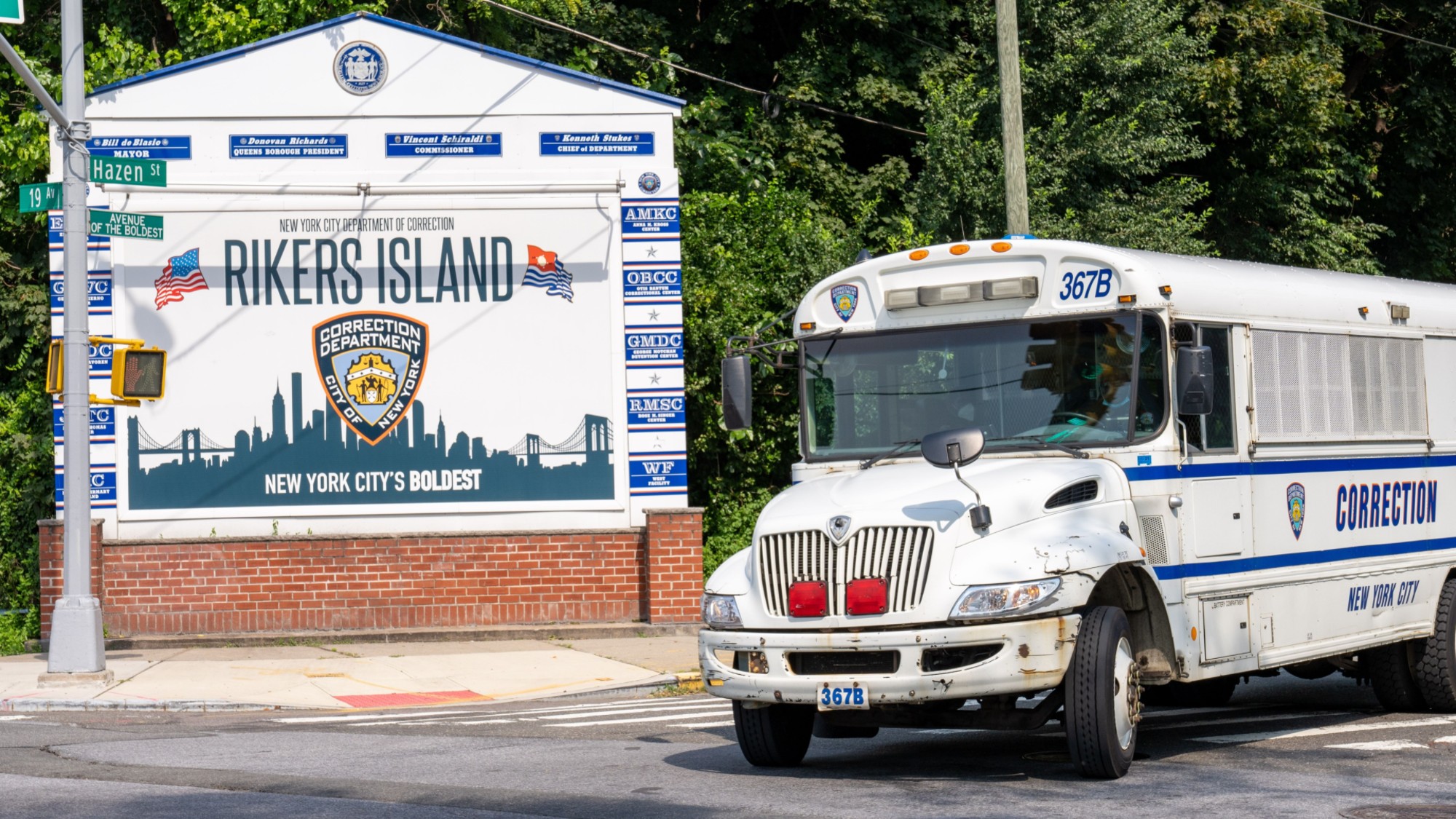 Why Rikers Island will no longer be under New York City's control
Why Rikers Island will no longer be under New York City's controlThe Explainer A 'remediation manager' has been appointed to run the infamous jail
-
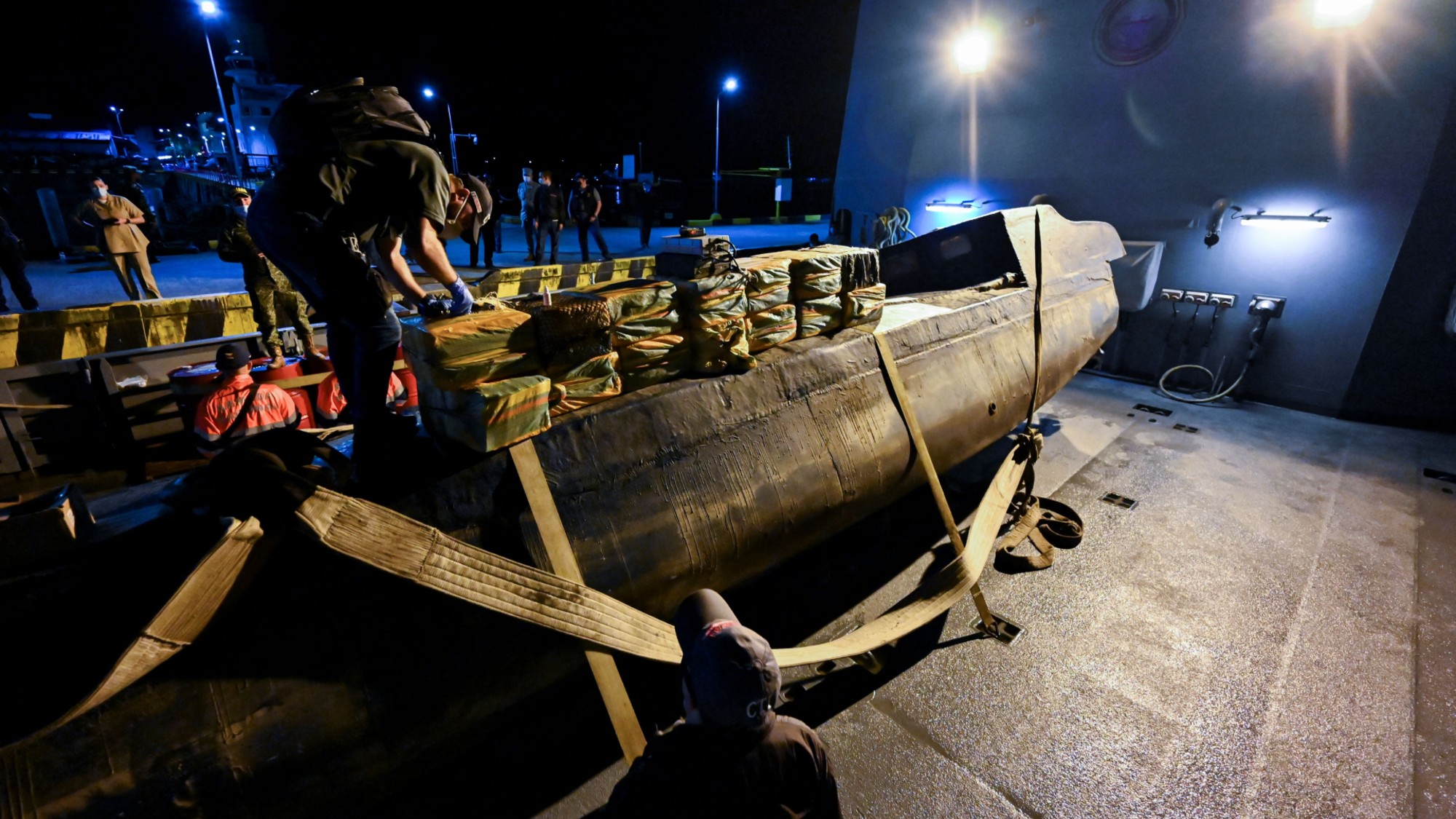 Narco subs are helping to fuel a global cocaine surge
Narco subs are helping to fuel a global cocaine surgeThe Explainer Drug smugglers are increasingly relying on underwater travel to hide from law enforcement
-
 Alcatraz: America's most infamous prison
Alcatraz: America's most infamous prisonThe Explainer Donald Trump wants to re-open notorious 'escape-proof' jail for 'most ruthless and violent prisoners' in the US